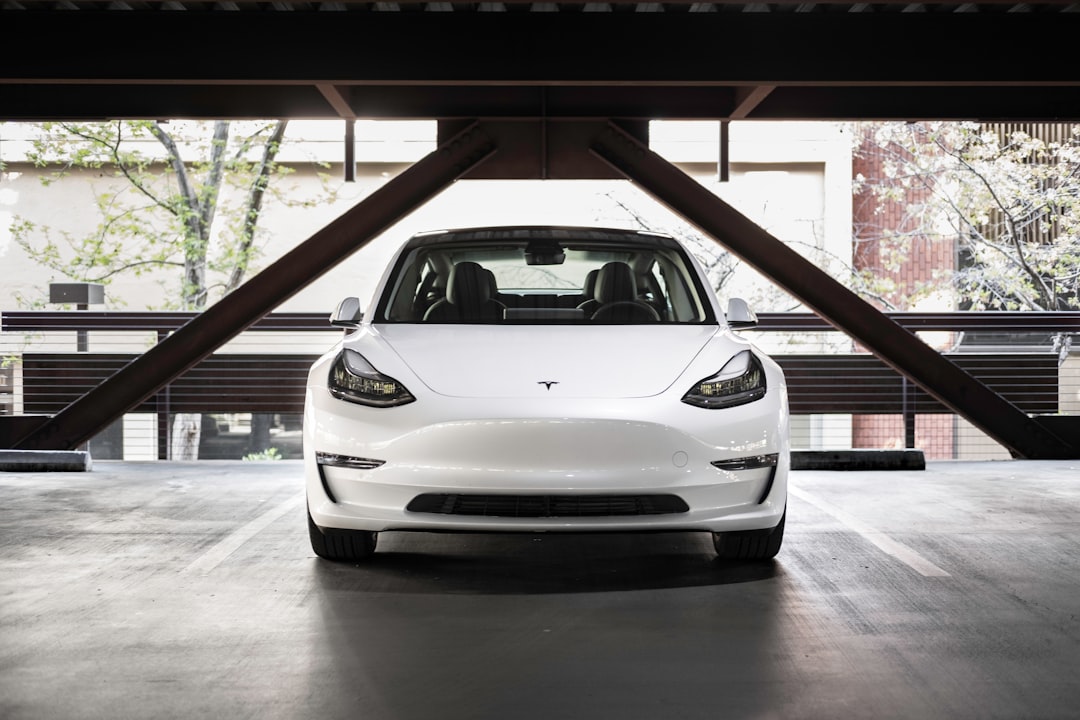What is it about?
Climate change is a huge threat to the planet today. Carbon Capture, Utilization, and Storage (CCUS) technologies are a novel solution to climate change. These technologies help reduce harmful CO₂ emissions by capturing them. With CCUS, we may be able to keep using fossil fuels without emitting CO₂. Instead, the captured CO₂ could be used as raw material or even be stored underground. However, capturing CO₂ from the air is challenging. The authors of this study show how new materials called molten alkali metal borates show promise for CO₂ capture. They focus on two materials in their study: sodium borate and lithium sodium borate.
Featured Image

Photo by Marek Piwnicki on Unsplash
Why is it important?
In their study, the authors showed that the molten alkali metal borates captured over 99.9% of CO₂, after adjusting for various parameters. The new materials have advantages such as high working capacity, fast kinetics, regenerability, and better handling of contaminants. The experimental setup in this study is the first to test the real world application of liquid materials for CO₂ capture. Many technologies show promise at the early stages of development but fail soon after due to unforeseen limitations. However, even over long periods of use, molten alkaline metal borates show excellent performance at the concentrations typically encountered in industrial applications. KEY TAKEAWAY: Molten alkali metal borates scale well for efficient and cheap CO₂ capture.
Read the Original
This page is a summary of: Bench-Scale Demonstration of Molten Alkali Metal Borates for High-Temperature CO2 Capture, Industrial & Engineering Chemistry Research, April 2020, American Chemical Society (ACS),
DOI: 10.1021/acs.iecr.0c01140.
You can read the full text:
Contributors
Be the first to contribute to this page










